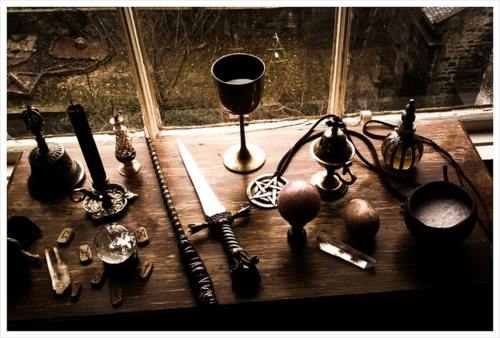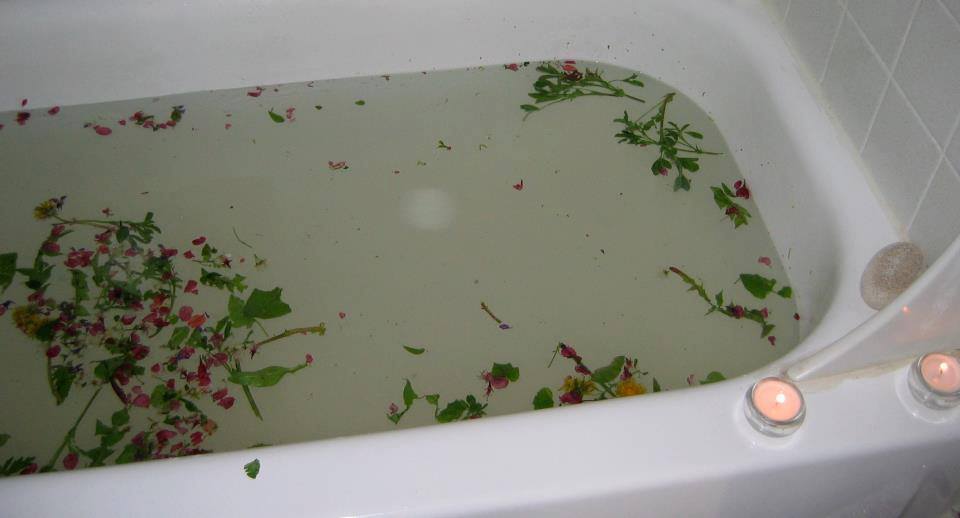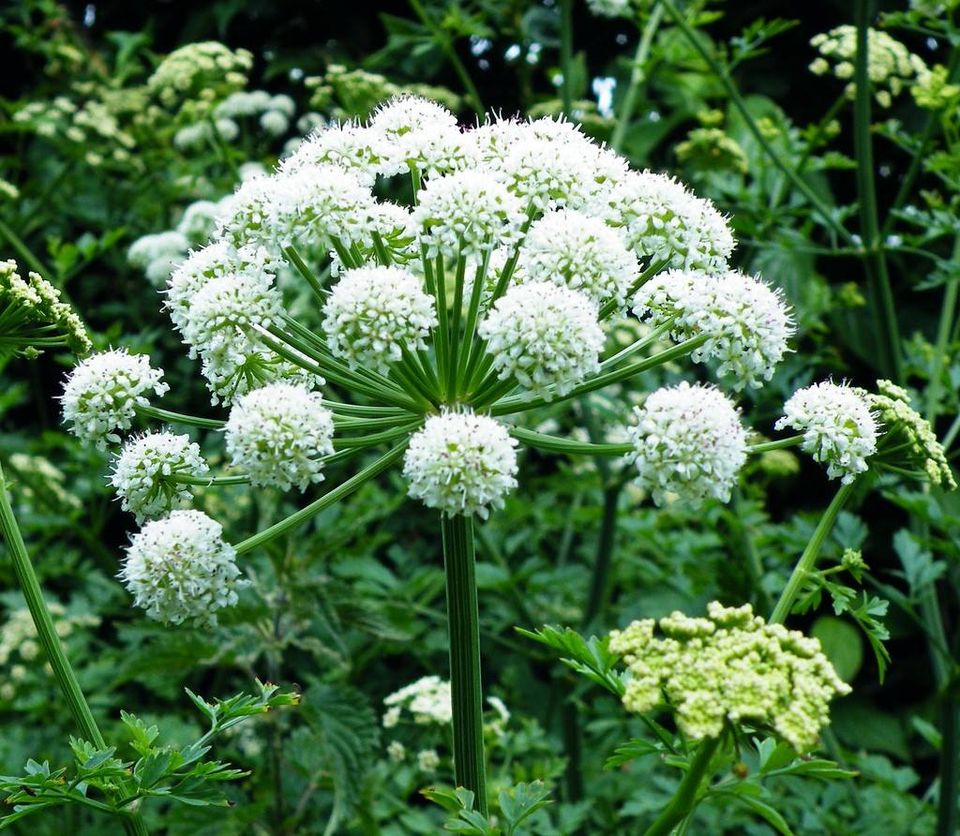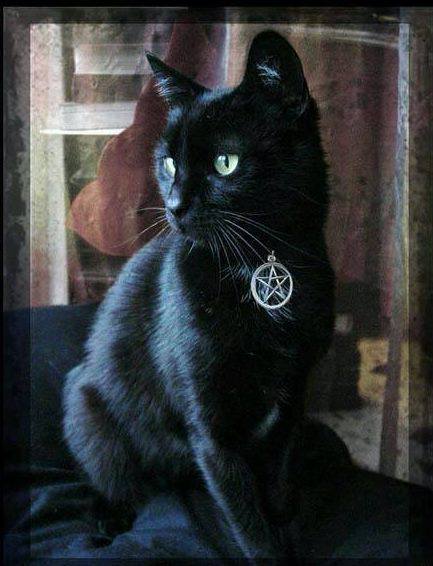
While there’s absolutely nothing wrong with using other peoples’ spells — and in fact there is an entire industry devoted to publishing books full of them — there are times when you may wish to use your own. It may be that you can’t find what you’re looking for in a book, or you might just feel a need to use original material. Whatever your reasons, it’s not as hard as you may think to write your own spells if you follow this very simple formula.
1. FIGURE OUT THE GOAL/PURPOSE/INTENT OF THE WORKING.
What is it you wish to accomplish? Are you looking for prosperity? Hoping to get a better job? Trying to bring love into your life? What is the specific aim of the spell? Whatever it may be, make sure you’re clear on what it is you want — “I will get that promotion at work!”
2. DETERMINE WHAT MATERIAL COMPONENTS YOU’LL NEED TO ACHIEVE YOUR GOAL.
Will the working require herbs, candles, or stones? Try to think outside the box when you’re composing a spell — and remember that magic relies heavily on symbolism. There’s nothing wrong with using unusual ingredients in a working — Hot Wheels cars, chess pieces, bits of hardware, sunglasses and even old DVDs are all fair game.
3. DECIDE IF TIMING IS IMPORTANT.
In some traditions, moon phase is crucial, while in others it’s not significant. Generally, positive magic, or workings that draw things to you, is performed during the waxing moon.
Negative or destructive magic is done during the waning phase. It may be that you feel a certain day of the week is best for the working, or even a certain hour of the day. Don’t feel obligated to drown yourself in the details, though. If you’re a person who feels confident doing magic on the fly without worrying about timing, then go for it.
Be sure to check our Magical Correspondence Tables if correspondences make a difference in your tradition.
4. FIGURE OUT YOUR WORDING.
What words or incantation — if any — will be verbalized during the working? Are you going to chant something formal and powerful, calling upon the gods for assistance? Will you simply mutter a poetic couplet under your breath? Or is it the sort of working where you can simply ponder the Universe in silence? Remember, there is power in words, so select them carefully.
5. MAKE IT HAPPEN.
Put all of the above together into a workable form, and then, in the immortal words of the Nike commercial, Just Do It.
Llewellyn author Susan Pesznecker says of crafting a spell on your own, “When you build a spell yourself, from the ground up, you infuse it with your deliberateness, your preferences, your wishes, your thoughts, and your energies. This spell won’t simply be something you read from someone else’s pages—it will carry your own signature and resonate through your very core. It will be much more powerful and complete than any ready-made charm could ever be, making you an integral part of the magick from start to finish. When we practice spellcraft, we use magick as a way of altering reality.
We do this by working with as many of the corresponding realities as possible—time, date, place, elemental correspondences, the support of deities, etc.—in hopes that we can shift reality in one direction or the other and alter the outcome. Nowhere is this more elegantly done than in handcrafting spells, charms, and rituals, because in these instances, we put our essence into the magick and make it our own.”
Tips:
Despite the above five-step method being a very bare-bones and simple way of looking at spell construction, it does work effectively. You may wish to keep a magical journal or make notes in your Book of Shadows during the spell construction phase, and then keep track of results as they begin to manifest.
If a working hasn’t begun to manifest within a few weeks — some traditions say within 28 days, a lunar month — you may want to stop and revisit the working. Figure out what variables may need to be changed.
The Universe has a quirky sense of humor, so make sure anything you cast a spell for is worded correctly. In other words, be careful what you wish for, because you just might get it!
Remember that magic is a tool and a skill set, but some common sense should prevail as well. You can cast all day to get yourself a job, but your chances of success are greatly reduced if you haven’t pounded the pavement and sent out copies of your resume!



















